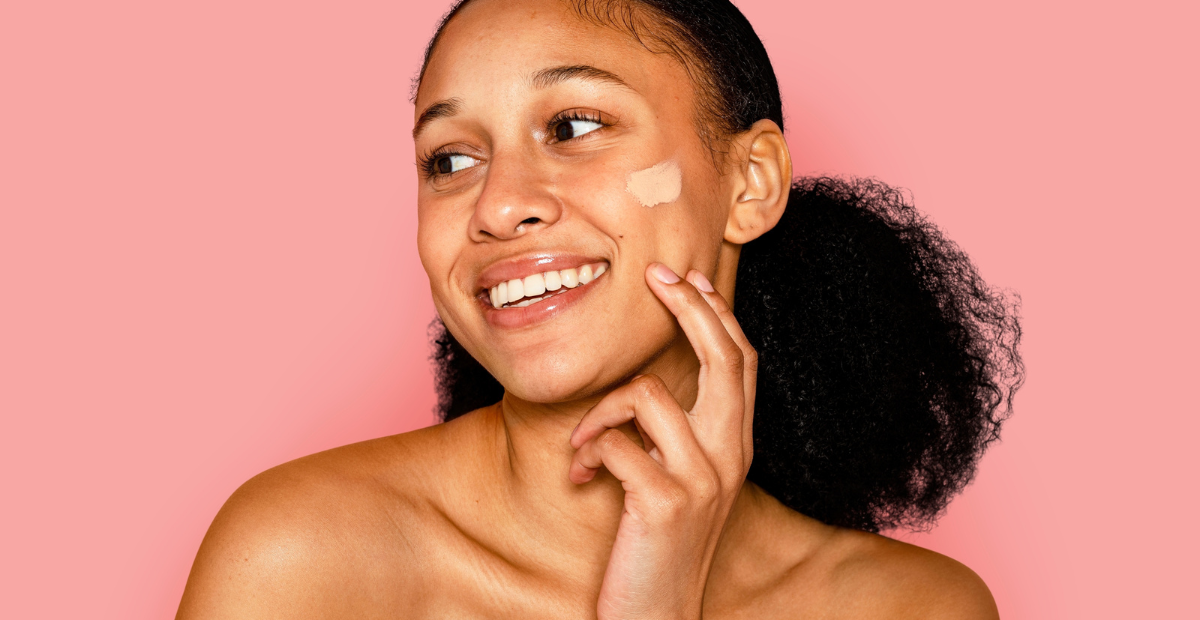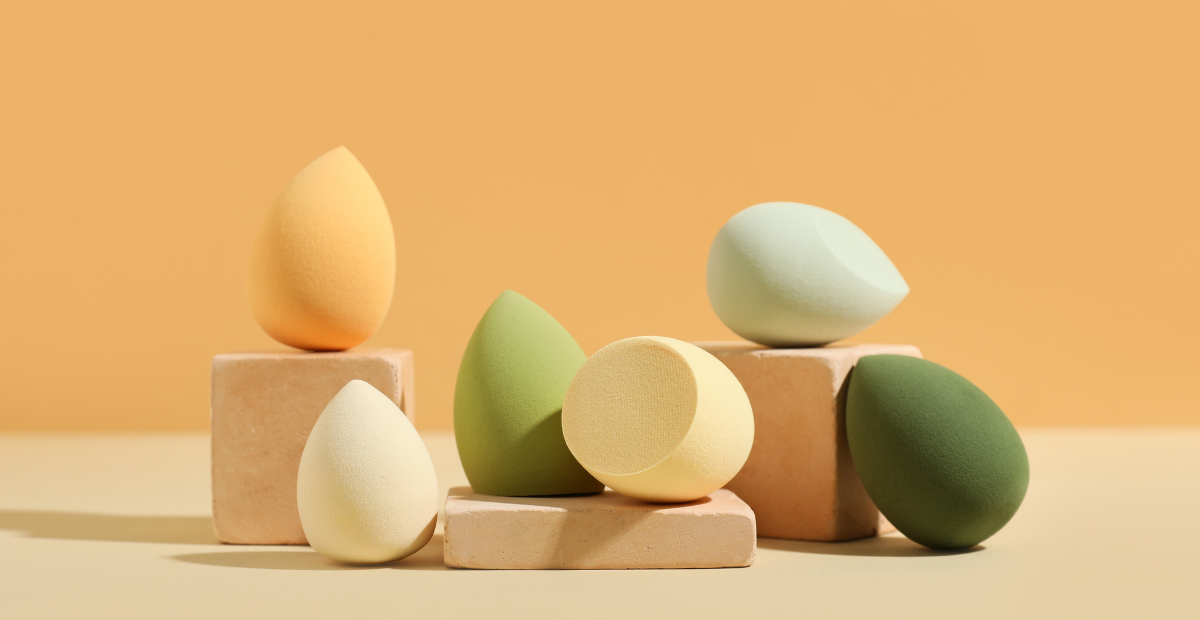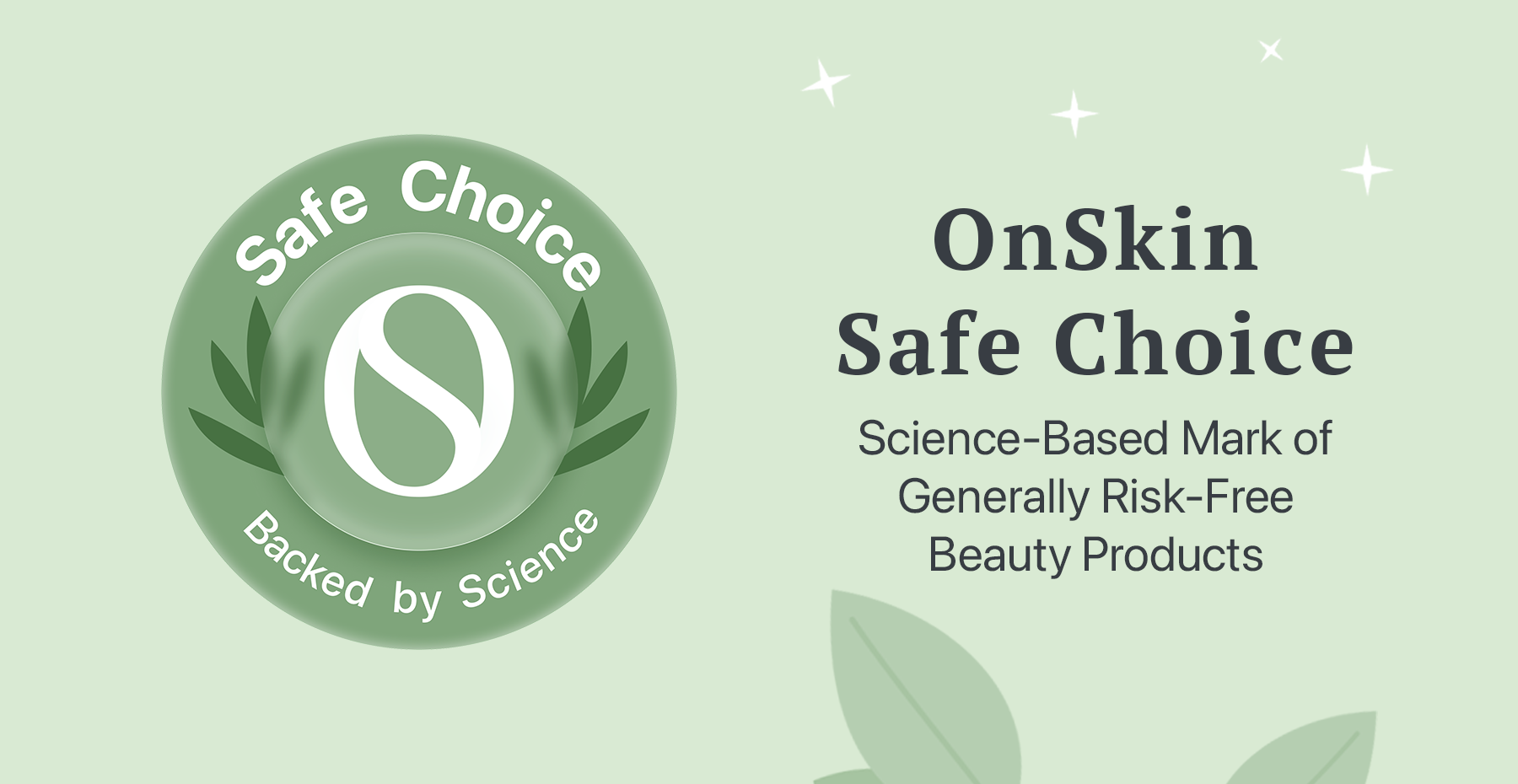Do Sleep Masks Work for Skin? Everything You Need to Know
Onskin Content Team
Your guides through the skincare chaos
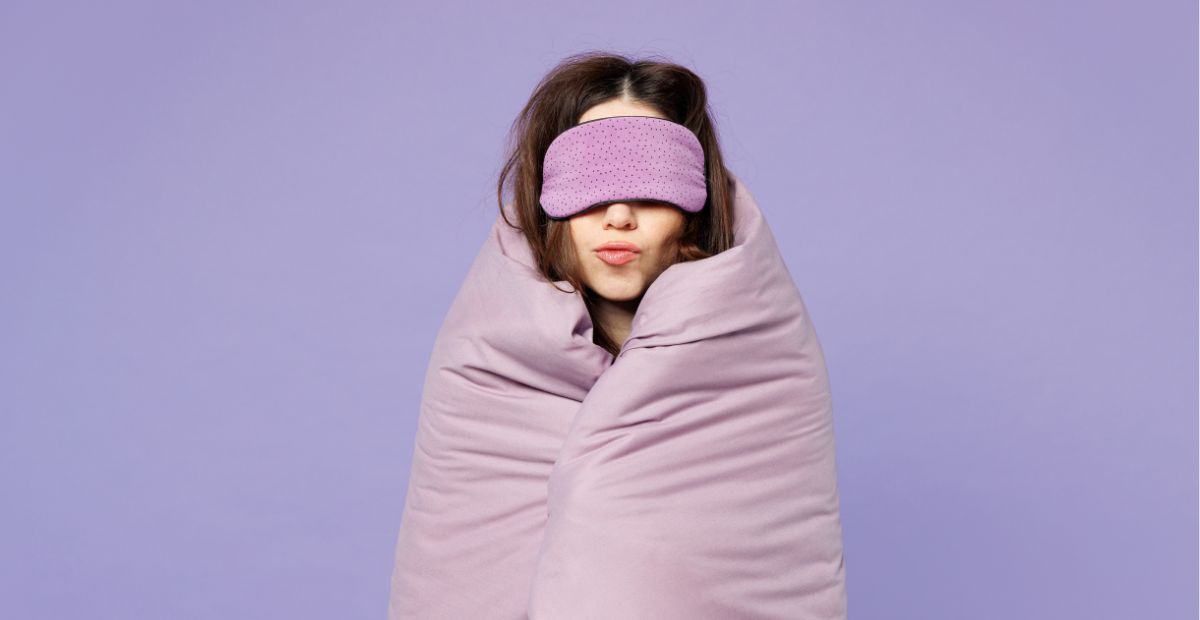
Sleep masks might seem like a tiny accessory, but they’ve quietly earned a reputation as the ultimate sleep hack. Once considered just a glamorous bedroom prop, they’re now a must-have for anyone who struggles with light, restless nights, or puffy morning eyes. And the question everyone still asks is: do sleep masks work—really?
Let’s unpack how they function, the types available, and the big benefits of sleeping with an eye mask—from better rest to better skin.
How Do Sleep Masks Work?
Think of a sleep mask as your personal light switch. The second it covers your eyes, the world goes dark. That blackout effect is key because light exposure (whether from street lamps, your partner’s TV, or a sneaky late-night phone scroll) tells your brain it’s time to be awake.
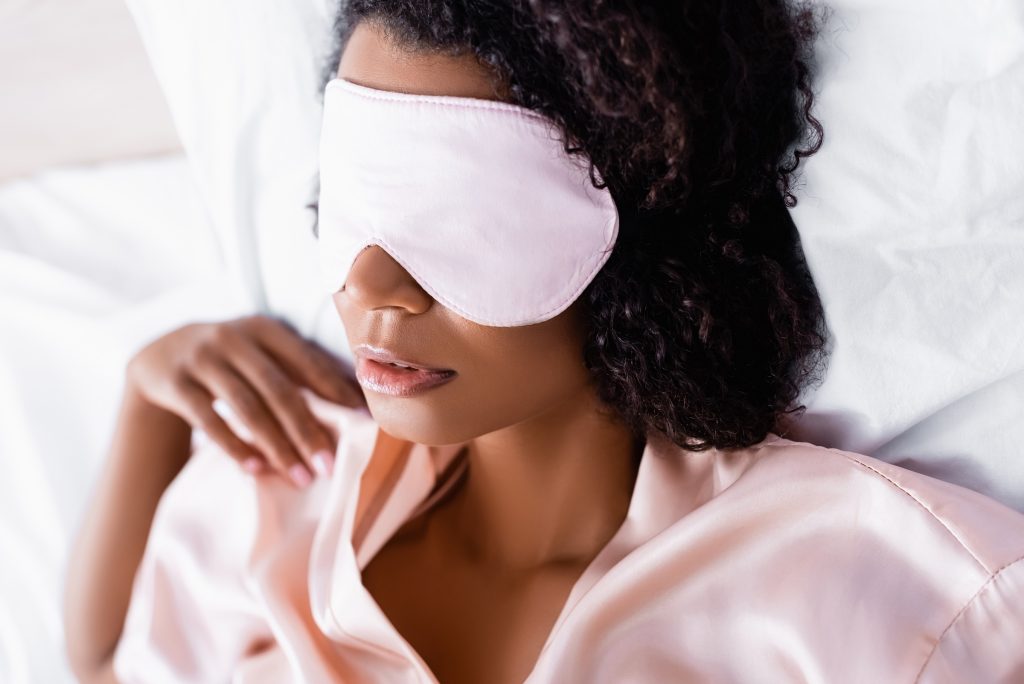
By shutting out those signals, a sleep mask helps your body release melatonin, the sleep hormone. No blue glow, no flickering distractions—just calm. Some masks go further: weighted designs mimic a comforting hug, while cooling gel masks soothe heat and puffiness. The overall effect? A cocoon of stillness that makes it easier to drift off.
So, do eye masks help you sleep? Yes. They create the conditions your body craves: darkness, comfort, and calm.
Science-Backed Benefits of a Sleep Mask
Blocking light is more than just a cozy ritual—it has measurable effects on sleep quality. Sleep masks support melatonin production, helping the body fall asleep faster and enjoy deeper, more restorative sleep. In one study, people in noisy, bright ICU (intensive care unit) conditions who wore eye masks had fewer awakenings and spent more time in deep sleep.
Masks also boost REM sleep, the stage linked to creativity, mood regulation, and memory consolidation. Longer REM phases mean your brain can recharge properly, leaving you sharper, more alert, and ready for the day ahead.
How Poor Sleep Affects Your Skin
Bad sleep habits, in turn, don’t just leave you groggy—they show up on your skin, too. Skipping sleep reduces collagen, leading to less elasticity and more wrinkles, creating the infamous “sleep deprivation face.”
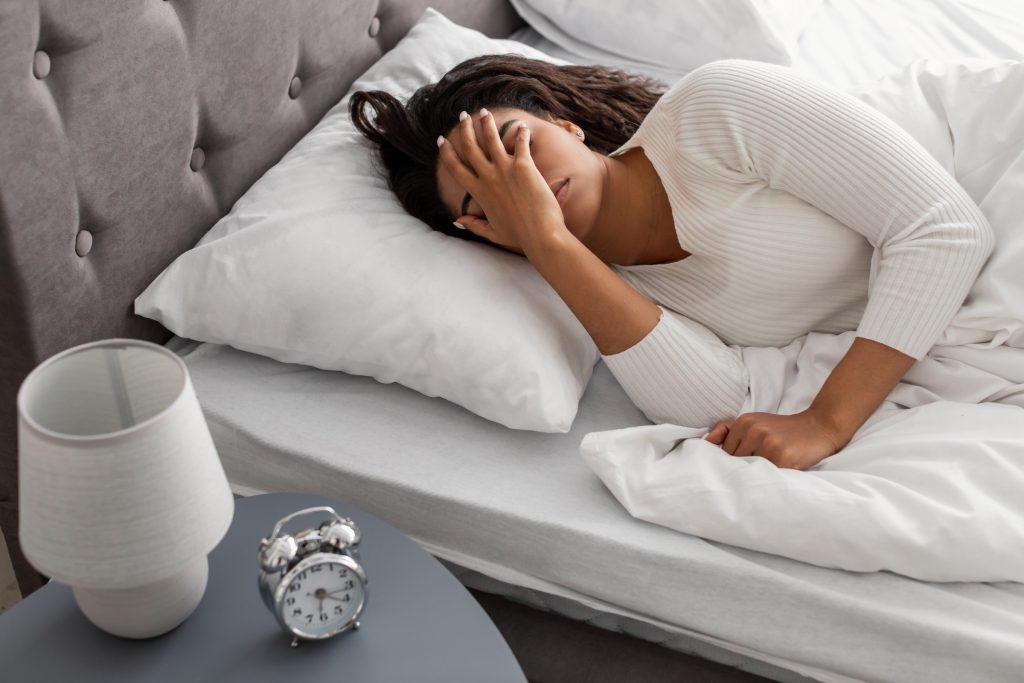
Poor sleep also disrupts blood flow, leaving your complexion dull and uneven. It increases dehydration and water loss, contributing to a tired, lackluster look. Puffy eyes and dark circles can worsen as fluid pools under the eyes, while a weakened skin barrier makes the skin dry, sensitive, and prone to irritation.
Clearly, your skin relies on quality rest—and this is where eye masks come in. And if you’re wondering, do sleep masks work for skin? The answer is yes.
Skin Perks of Sleep Masks
Well, sleeping with an eye mask doesn’t just improve rest—it also protects and nurtures your skin. So, how do eye masks work for your skin? Research shows they do:
- Prevent wrinkles: Eye masks act as a protective layer, reducing friction from pillows, sheets, or blankets. This minimizes skin folding and sleep lines that can turn into wrinkles.
- Protect the skin barrier: By shielding the delicate eye area from irritants, allergens, and friction, masks also protect from skin barrier disruption and inflammation.
- Reduce eye and face puffiness: Weighted or cooling masks constrict blood vessels and support lymphatic drainage, helping ease morning puffiness and relax strained eye muscles.
- Protect sensitive skin: For anyone sensitive to dust, pet dander, or other allergens, masks create a shield that keeps irritants at bay and prevents sleep disruptions.
- Support overnight repair: By improving sleep quality, masks give your skin more time to heal from daily damage, leaving it healthier and more resilient.
Which Fabric Belongs on Your Face
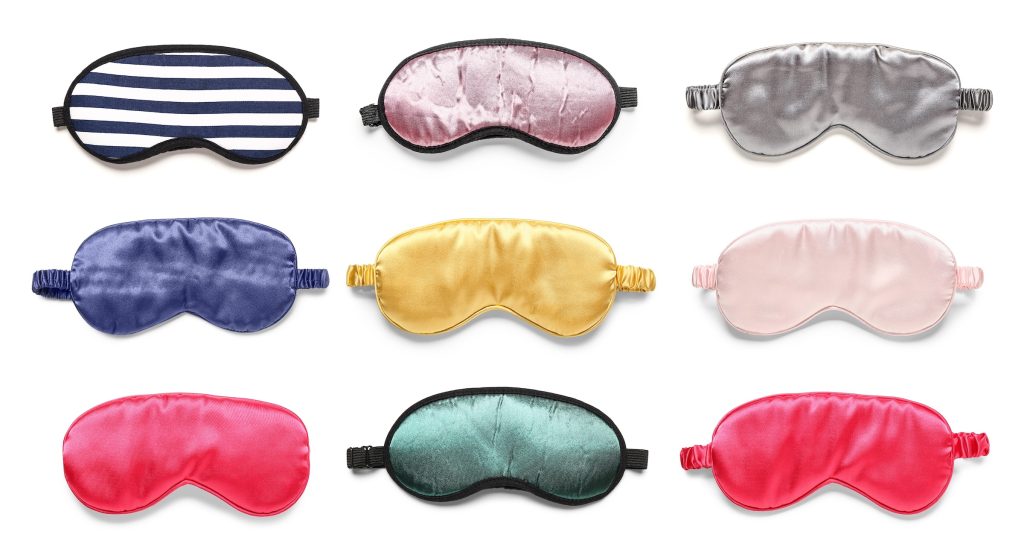
The feel of a mask can make or break the experience. Fabric isn’t just about comfort—it also ties into skin health. Let’s break down the benefits of a sleep mask depending on its fabric.
- Silk. The luxury pick. Smooth, hypoallergenic, and famously gentle on skin, hair, and eyelashes. It’s a favorite for sensitive skin. Silk also shines beyond sleep masks—think pillowcases. Sleeping on silk helps lock in moisture, minimizes friction (hello, fewer sleep lines and wrinkles), and gives skin and hair a smoother surface to rest on. Even better? Studies suggest silk has properties that resist bacterial growth, making it especially helpful for acne-prone or sensitive skin.
- Cotton. Breathable, absorbent, and machine washable. A practical, light-blocking classic.
- Bamboo fiber. Eco-friendly, antibacterial, and perfect for warm sleepers.
- Satin. Smooth, breathable, and affordable. A silky alternative to pure silk with an elegant feel.
- Velvet. Plush, soft, and cozy. A warm choice for comfort and a hint of luxury.
- Memory foam. Conforms to your face for a snug, comfy fit. Great for avoiding pressure on the eyes and eyelashes.
- Neoprene. Insulating and light-blocking. Perfect for travel or improving sleep in bright environments.
- Polyester. Durable and easy to clean, though less breathable.
The right fabric depends on your priorities. For skincare? Go silk. For travel naps? Memory foam or neoprene.
The Chic (and Smart) Designs of Sleep Masks
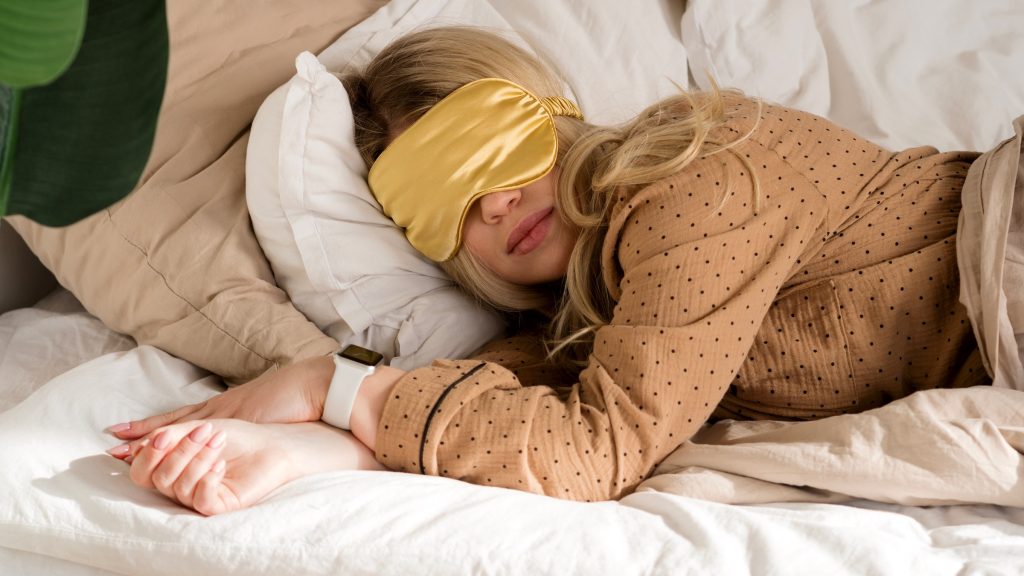
Modern sleep masks aren’t one-size-fits-all. Their designs are as varied as the people who wear them. And if you’ve ever wondered, “Do sleep masks work?”—the answer depends on choosing the right design for your needs.
- Classic solid masks—lightweight, timeless, and effective.
- 3D contoured masks—shaped so they don’t press on eyelashes—lash-extension friendly.
- Weighted masks—use microbeads to apply light pressure, easing tension.
- Gel or cooling masks—refreshing relief for puffiness, irritation, or allergy flare-ups.
- Heated masks—warmth for relaxation and blood circulation.
- Aromatherapy masks—infused with lavender or chamomile for calm vibes.
- Bluetooth masks—pair sleep with playlists or guided meditations.
Each design answers a different need, whether that’s ultimate blackout, skincare perks, or bedtime ritual.
3 More Benefits of Sleeping with an Eye Mask
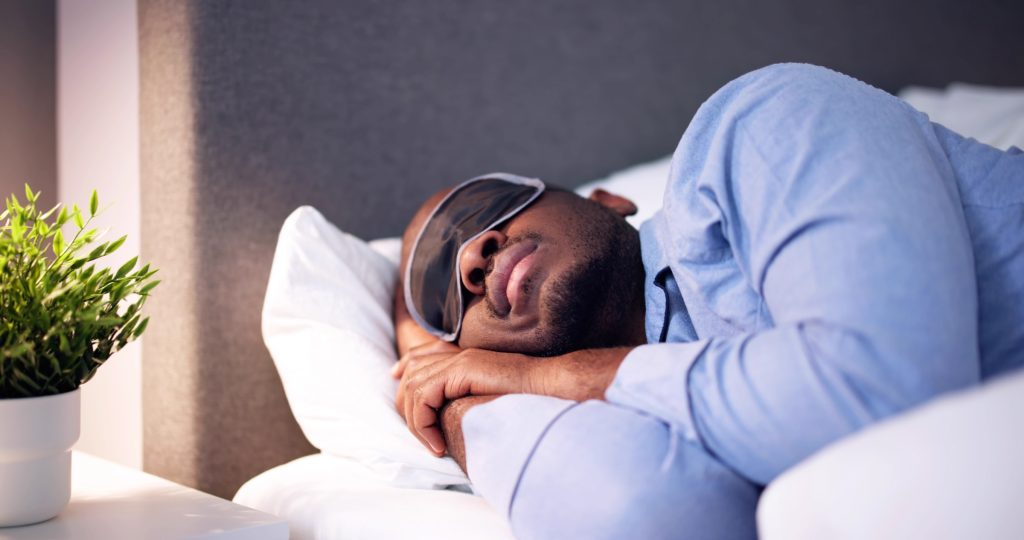
- Sharper memory and alertness. A 2023 study found that sleeping with an eye mask improved learning ability and reaction times the next day.
- Stress relief. The act of putting on a sleep mask can be a ritual, a signal to your brain that it’s time to shut down. Weighted masks add gentle pressure, which can lower anxiety and even ease nighttime headaches.
- Travel and shift work support. For jet lagged travelers or night-shift warriors, blocking out daylight is crucial. Masks help reset your circadian rhythm and trick your body into sleeping on your schedule.
Sleep on This
So, do sleep masks work? Absolutely. They help block light, improve melatonin, support deeper sleep, reduce puffiness, and even protect your skin from friction. Whether you’re into silk for its luxe feel, a gel mask for that cooling effect, or a weighted mask for stress relief, there’s a style for everyone.
At the end of the day, sleeping with and eye mask is like pressing pause on the chaos of the outside world. It’s a tiny ritual that tells your body, “You’re safe. You can rest now.” And when you wake up—refreshed, glowing, and maybe a little obsessed—you’ll wonder how you ever slept without one.
FAQ
-
Where do I start with OnSkin?
Download the app and think of a product you’d like to know more about. Then, go to the main screen and choose how you’d like to get the info —by manually looking it up in the search bar, by scanning its barcode, or by simply taking a picture of the packaging. Once you’ve done any of these, you can see how safe the product is and if it suits your skin or hair (if this analysis is available).
-
What is Safety Rating, and how is it calculated?
In OnSkin, we base product rates on ingredients. Each is closely studied by our medical team and then evaluated. This way, each product gets a score from 0 to 100, with 100 as the safest level.
Safety Levels
- Excellent (76–100)
- Good (51–75)
- Not great (26–50)
- Bad (0–25)
These scores are backed by the latest scientific studies. You can find links to the resources we’ve used on each ingredient page. To assess the safety of product ingredients, we evaluate them according to the following parameters/criteria
- Endocrine disruption risk / Reproductive toxicity
Indicates the probability of mimicking, blocking, or interfering with the body hormones.
- Сarcinogenicity
Measures the potential risk of inducing cancer.
- Allergy risk
Estimates the probability of an allergic reaction.
- High concentration alert
Determines the risk of being unsafe in certain amounts.
-
What is Skin Match?
Based on the info you input about your skin type, age, skin care goal, and other “settings,” OnSkin checks how well a product is tailored to your unique skin needs — it’s basically like a dermatologist helping you find the right products, minus the fees and the long wait. The product you’re checking might be labeled as It’s a match!, Hit-or-miss, or Not a match for you. The app also detects ingredient groups such as Anti-acne, Anti-inflammatory, Moisturizes, May be drying, Comedogenic, and others — by tapping one, you see exactly what ingredients from this or that group are in the product.
-
I seem to have a problem with using the app. Who should I contact?
Please reach out to us at [email protected], and we’ll carefully look into your issue. Your ideas for improving the app are also very welcome!
-
Do you have an Android version?
Not yet! Hey Android users, we hear you, and we're thinking about making an Android version, but we haven't started the development yet.
Tracker Sent!
It’s on the way to your inbox.


